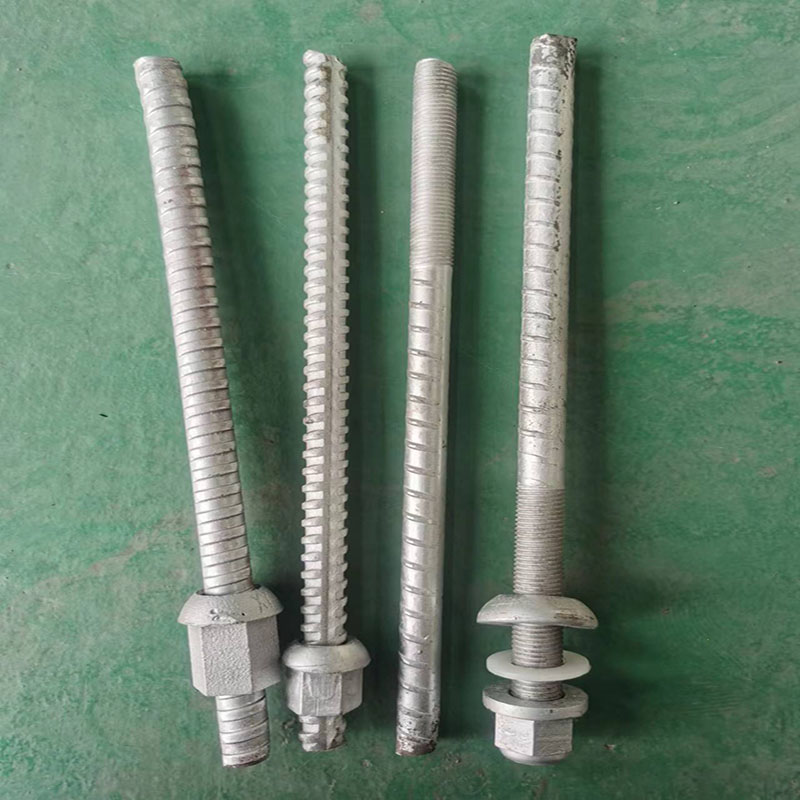Stainless Steel Bar φ20
Advantages of Rebar Anchor
40% higher load capacity than the same specification anchor, expanding the range of anchor use, can realize end anchor, extension anchor and full anchor, easy operation, low price, with strong anchor force, high elongation, safe and reliable, high quality and low consumption.
Description of Rebar Anchor
Rebar Anchor is an important engineering material used to provide support and reinforcement, through the combined use of left-handed anchor and right-handed anchor, it can effectively fix and support the surrounding rock of the roadway to ensure the stability and safety of the engineering structure. This material is not only widely used in the coal mining industry, but also plays an important role in other engineering fields, such as slope reinforcement, tunnel support, dam reinforcement and so on. The whole anchor usually consists of a free section and an anchoring section, in which the free section is used to transmit the prestressing force, while the anchoring section transmits the tensile force to the depth of the soil body by combining with the soil layer and increasing the friction effect in order to realize the reinforcement effect. The use of this material is important to ensure the safety and stability of engineering structures.
Technical Parameters of Rebar Anchor
Material 20MnSi
Strength Yield strength(MPa) Tensile strength(MPa) Elongation(%) Yield load(KN) Tensile load(KN) Kg/m
Specification
φ16 ≧345 ≧510 ≧25 ≧69 ≧100 1.6
φ18 ≧345 ≧510 ≧25 ≧87 ≧126 2.0
φ20 ≧345 ≧510 ≧25 ≧108 ≧156 2.5
φ22 ≧345 ≧510 ≧25 ≧131 ≧189 3.0
The general steps for installing anchors are as follows:
Drilling: Use a special anchor drilling rig to drill holes in the location to be reinforced, and place an appropriate anchoring agent (e.g., resin medicine roll) in the holes.
Installation of anchors: Use tools such as anchor drilling rigs to drill the anchors within the depth of the holes and mix them with the anchoring agent for curing, to ensure that the anchors are firmly anchored.
Install the nut: after installing the anchor, use a tool (e.g., anchor drilling rig) to screw the nut into the top of the anchor to secure the anchor at the surface of the anchor solid to provide additional support and stability. Ensure Secure Fixing: Finally, ensure that the anchors are effectively supporting and reinforcing the target structure by checking the anchors for solidity and fixing.
Rebar Anchor Structure
The rod has rolled continuous threads with equal strength throughout its length;
The fastening end is provided with pre-stressing spacer and ball-shaped nut.
Our factory mainly supplies the following products: 16# no longitudinal rib (equal strength) threaded anchor, 18# no longitudinal rib (equal strength) threaded anchor, 20# no longitudinal rib (equal strength) threaded anchor, 22# no longitudinal rib (equal strength) threaded anchor, 24# no longitudinal rib (equal strength) threaded anchor.
Company Qualification
















